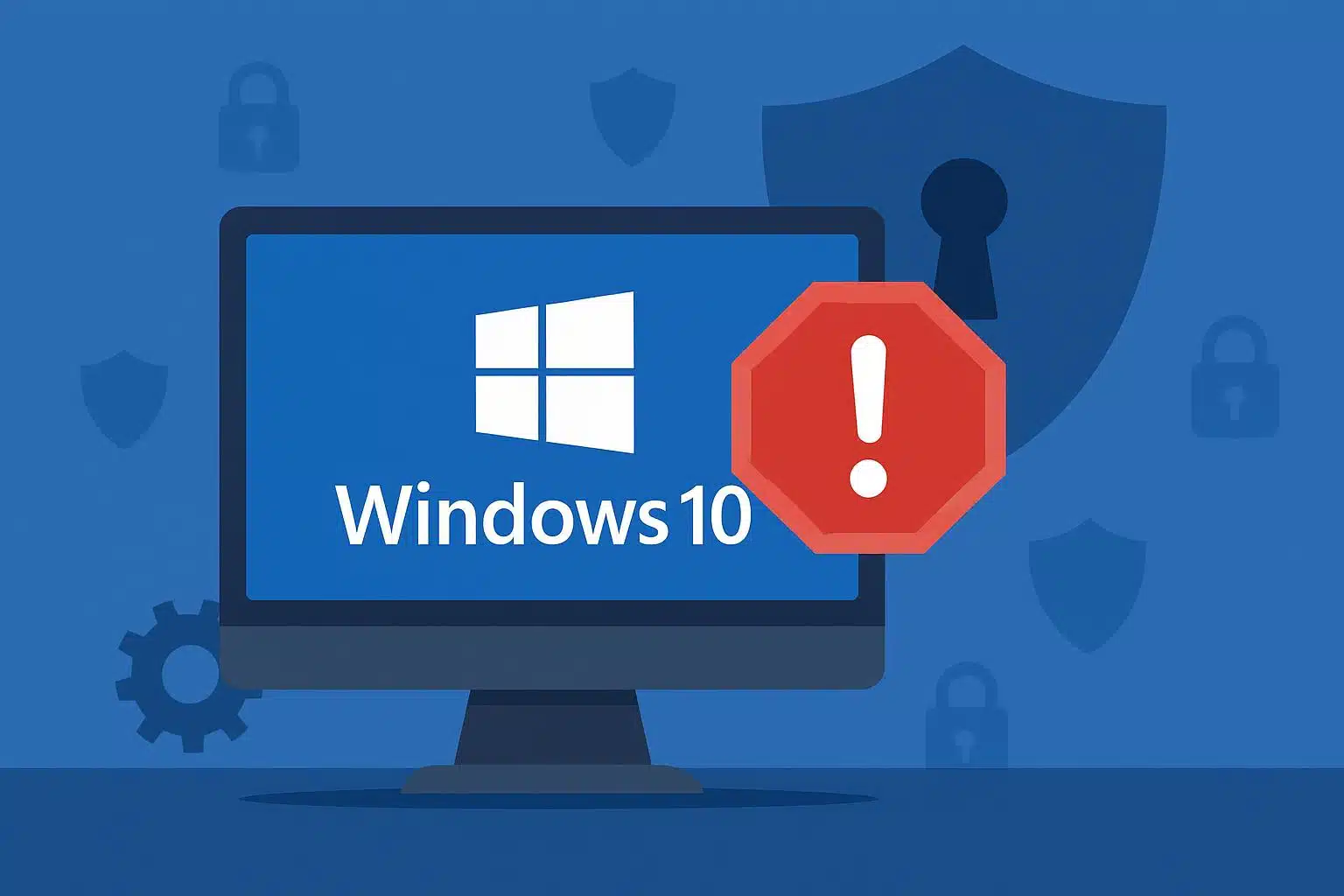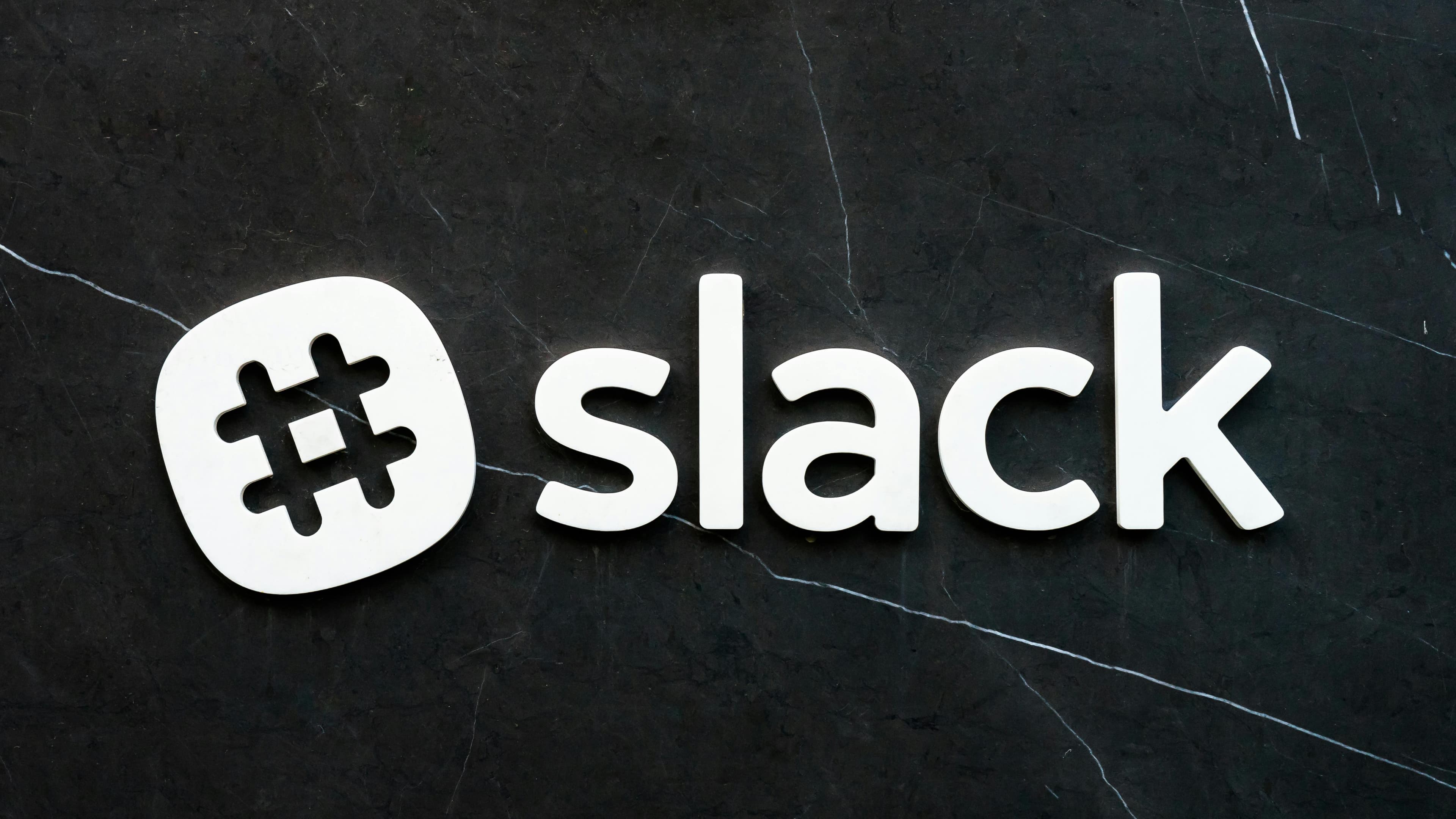Nepal has ordered internet providers to block Facebook, Instagram, YouTube and X, escalating a standoff with global platforms that did not register locally under new rules. The sweeping restrictions, which extend to dozens of services, have ignited warnings from press freedom groups and digital rights advocates who say the move risks normalizing nationwide censorship.
The Ministry of Communication and Information Technology directed the Nepal Telecommunications Authority (NTA) to instruct all internet service providers to restrict access after foreign platforms failed to register in Nepal and appoint a local point of contact. Authorities had earlier set a one-week window for compliance, signaling that non-registered services could face enforcement.
Officials framed the mandate as a governance and accountability measure, echoing a broader regional trend of pushing global tech firms to maintain local presence for takedowns and emergency coordination. A public notice from the ministry said access would be restored once companies complete registration.
Who is affected — and who isn’t
The order covers 26 platforms, among them Facebook, Instagram, Messenger, YouTube, X, Reddit, Snapchat, Discord and WeChat. Notably, TikTok and Viber remain accessible after the government said both had complied with the registration requirement, an exception that underscores the policy’s enforcement logic rather than a blanket ban by category.
Connectivity stakes are high. NTA data indicates internet penetration exceeds 90% in Nepal, and Statcounter estimates suggest Facebook accounts for roughly 87% of social media use, with X at about 6% and YouTube near 5%. Blocking the dominant channels therefore disrupts core information and commerce flows for millions of users and small businesses.
Free expression and legal backdrop
Media and civil society groups quickly raised alarms. The Committee to Protect Journalists warned the restrictions would obstruct reporting and public access to information, while the Federation of Nepali Journalists said the action undercuts constitutional guarantees of press freedom and the right to information.
The dispute sits atop an evolving legal terrain. Nepal’s Supreme Court recently upheld the government’s authority to require platform registration as a tool to counter disinformation, but it did not explicitly mandate nationwide blocks for noncompliance, urging the executive to act within the bounds of law and due process. Digital rights organization Access Now argued that wholesale blocking over administrative noncompliance mirrors playbooks seen in heavily censored environments and risks entrenching a “Great Firewall”-style approach incompatible with democratic norms.
Separately, a draft social media bill under consideration would allow the government to order removals and impose fines or jail time for posts deemed harmful to national interests. The International Federation of Journalists has cautioned that the proposal could chill legitimate speech unless definitions are narrowed and oversight strengthened.

Government stance and platform responses
Communications officials maintain that companies were given ample notice and multiple reminders to register, including outreach to Meta and other major operators. The ministry says the door remains open: access can resume once firms submit local details and designate responsible officers for policy and grievance handling.
Meta, Google and Snap did not immediately respond to requests for comment regarding the blocks or their registration plans. Industry lawyers note that platforms typically seek clarity on liability, data handling, and appeals processes before establishing a local footprint, especially where takedown orders may be broad or vaguely defined.
Regional context and economic ripple effects
Nepal’s push for local registration mirrors steps in several South and Southeast Asian countries that have tightened compliance rules for global platforms. While governments argue such measures improve responsiveness to harmful content, rights groups counter that opaque orders and weak oversight can enable over-blocking and political speech suppression.
Beyond expression, the stakes are economic. Small retailers, tourism operators, creators and news outlets in Nepal depend on social platforms for discovery and customer service. Even short-lived blocks can depress ad spending, reduce reach for crisis communications, and shift audiences into private channels that are harder to monitor and monetize.
What to watch next
Key variables now include the scope and duration of enforcement, transparency around blocking orders, and whether the government introduces clearer appeal pathways and due-process protections. Observers will also track whether major platforms move to register, seek court relief, or negotiate a framework that narrows obligations to content categories with demonstrable harm.
For now, Nepal’s decision marks a significant test of how far states can go in tying access to compliance with domestic rules—and whether platforms, civil society, and courts can shape a model that protects users while avoiding a slide toward systemic censorship.







